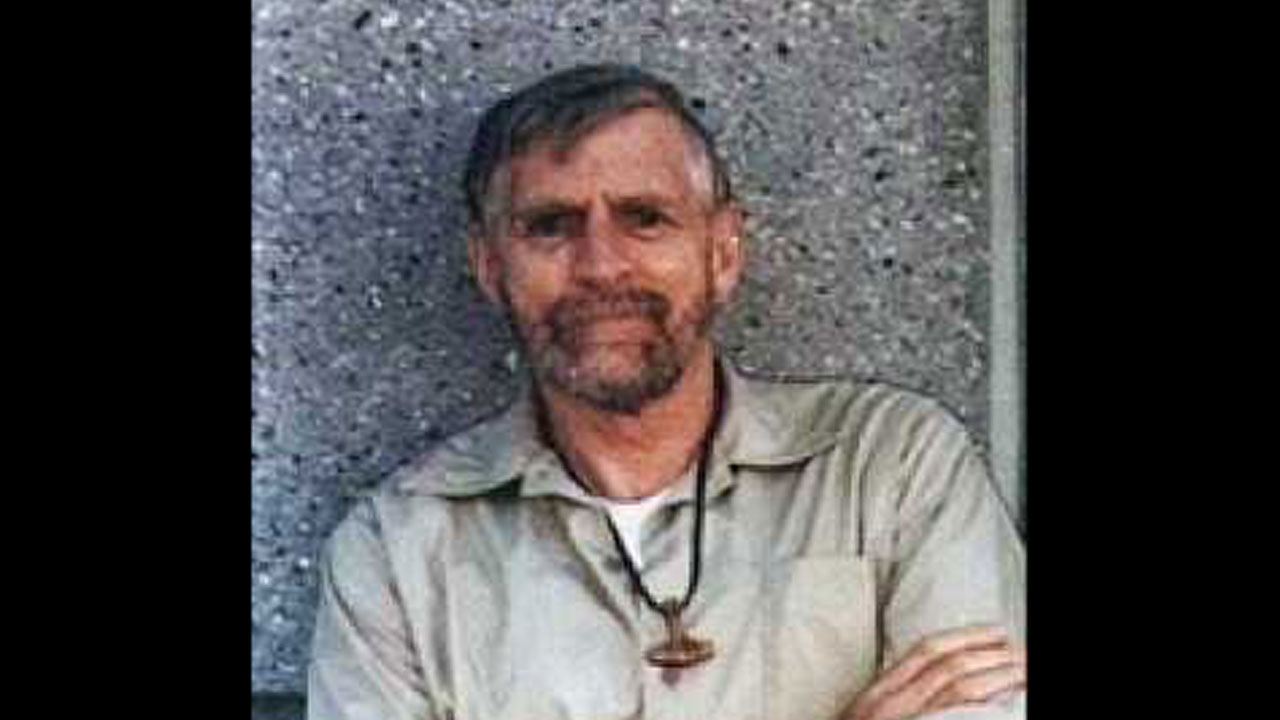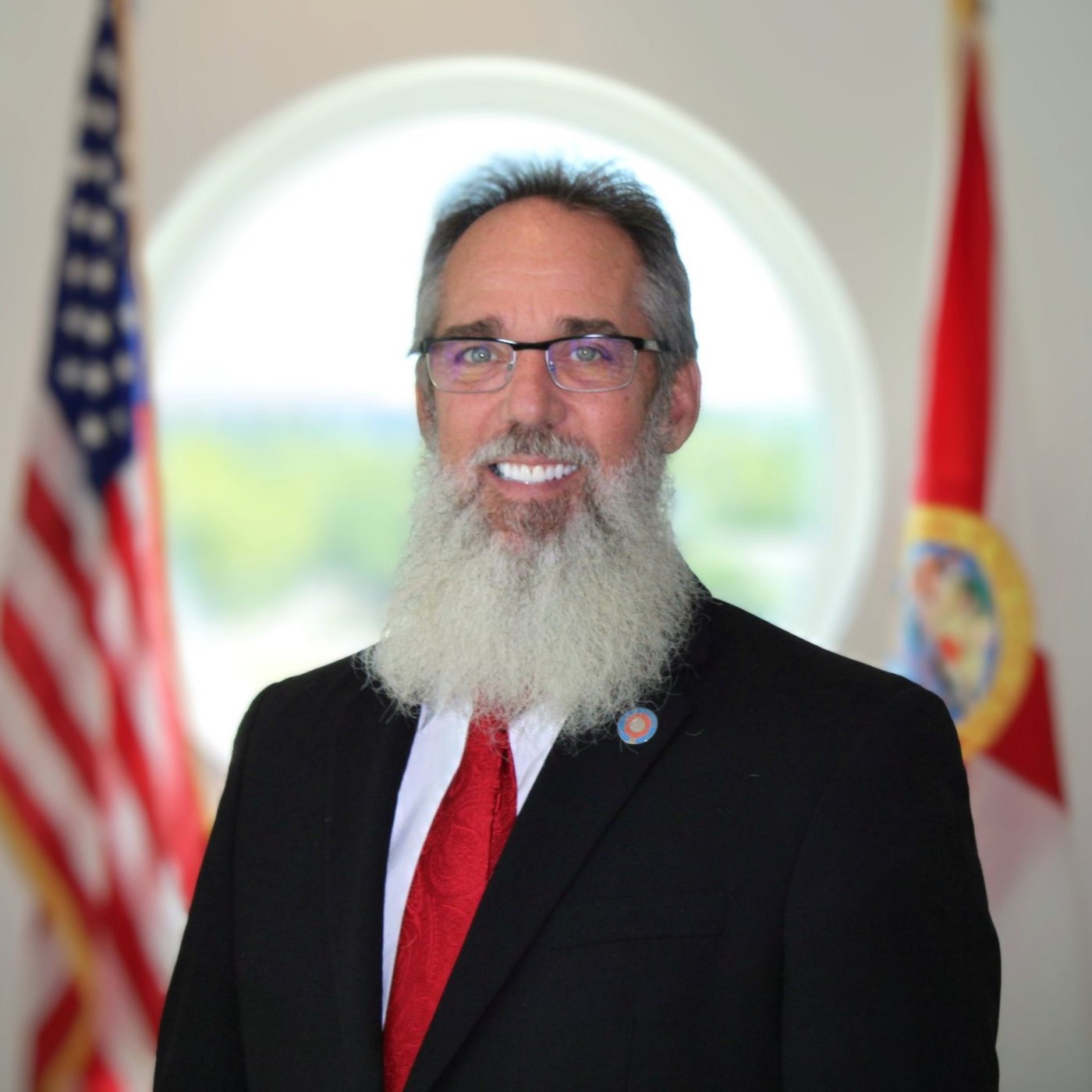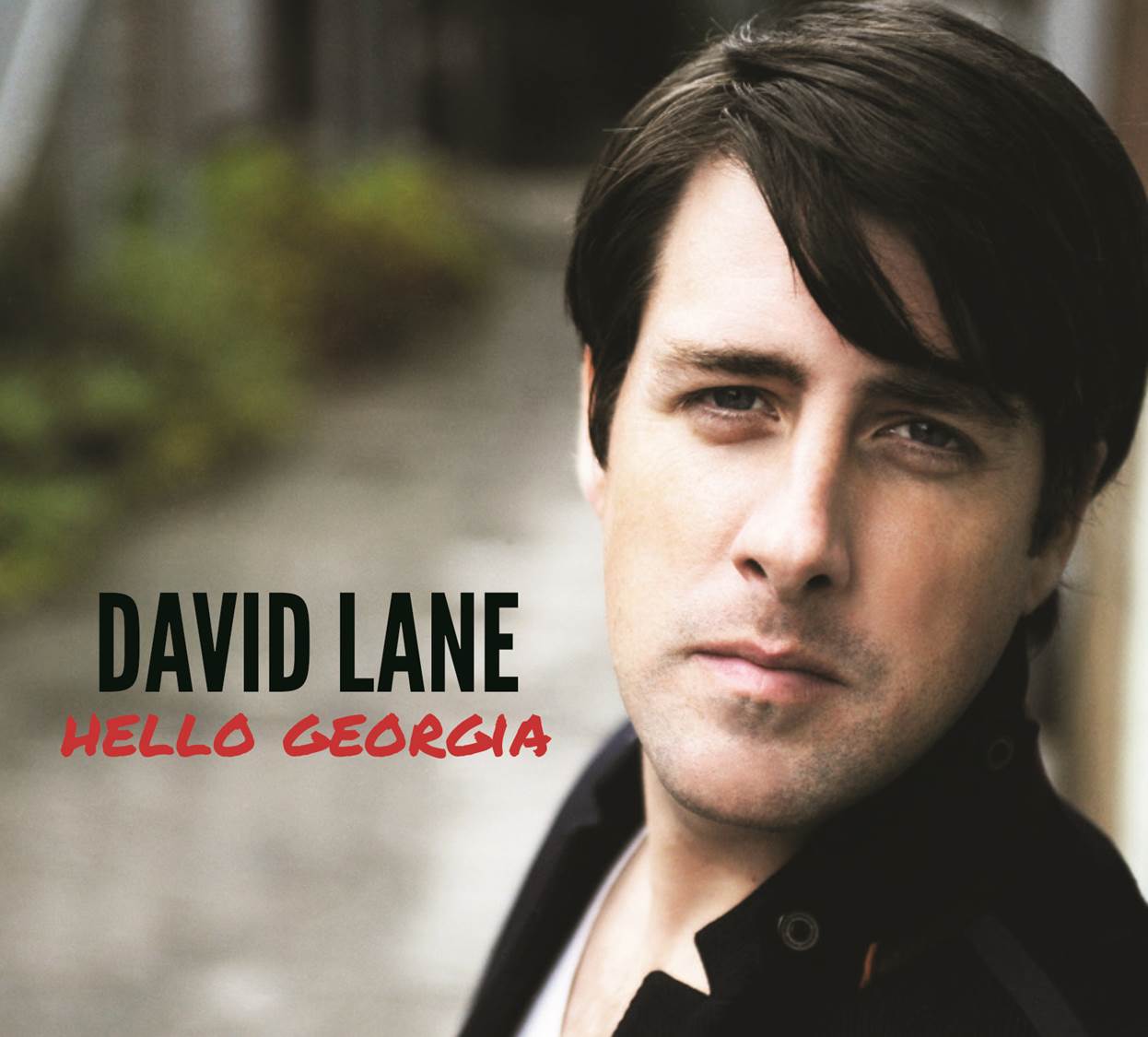David Lane & The 14 Words: A Deep Dive Into White Supremacy
Was David Lane, a figure shrouded in controversy, a mere fringe dweller, or a pivotal architect of hate whose words continue to echo across the landscape of extremism? The undeniable truth is that Lane's impact, though often minimized, has been profoundly felt, particularly within the white supremacist movement, where his chillingly simple "14 words" serve as a rallying cry for violence and division.
On May 28, in a federal prison in Terre Haute, Indiana, David Lane, at the age of 68, breathed his last. The circumstances surrounding his death, reportedly due to cancer, are secondary to the legacy he left behind. Lane, a self-proclaimed white supremacist and separatist, was not just a purveyor of hateful ideology; he was a strategist, a writer, and a publisher who played a significant role in shaping the rhetoric and goals of the radical right. His impact continues to resonate in an era defined by social division.
| Attribute | Details |
|---|---|
| Full Name | David Lane (also known as David Eden Lane) |
| Born | 1945 |
| Died | May 28, 2007 |
| Death Location | Federal Prison, Terre Haute, Indiana |
| Nationality | American |
| Known For | Coining the "14 Words" white supremacist slogan; association with The Order |
| Ideology | White Supremacy, Separatism |
| Key Writings/Statements | "We must secure the existence of our people and a future for white children." (The "14 Words"); Advocated for white genocide conspiracy theory |
| Notable Affiliations | The Order (a white supremacist terrorist group) |
| Convictions | Racketeering and civil rights violations |
| Additional Notes | Popularized concept of white genocide; Argued that racial integration is a euphemism for genocide. |
For further information, refer to: Anti-Defamation League (ADL)
Lane's notoriety stems primarily from his "14 words," a concise yet potent slogan: "We must secure the existence of our people and a future for white children." This phrase, appearing deceptively innocuous at first glance, has become a staple in white supremacist circles, serving as a justification for racial hatred, violence, and the pursuit of a white ethnostate. The slogan's simplicity and memorable nature have contributed to its widespread adoption, making it a constant presence in online forums, manifestos, and propaganda materials disseminated by extremist groups. The 14 words have even appeared in violent attacks and terrorist events carried out by supremacists around the globe, connecting Lane's ideology directly with real-world tragedies.
Beyond the "14 words," Lane's influence extended to his involvement with The Order, also known as Brder Schweigen, a white supremacist terrorist group that engaged in armed robberies, assassinations, and other criminal activities during the 1980s. This affiliation underscores the dangerous reality that Lane was not just a writer or ideologue; he was connected to, and arguably helped to inspire, a group that committed acts of terror in the name of white supremacy. Lane's role as a member of The Order highlights his commitment to translating his hateful ideology into action. His writings and speeches provided intellectual justification and strategic direction for the group's violent activities.
The core of Lane's belief system revolved around the concept of white genocide, the notion that the white race is under threat of extinction due to immigration, integration, and declining birth rates. He argued that racial integration was a strategic process and that the deliberate mixing of races was a means of destroying the white race. This theory, rooted in conspiracy and misinformation, has been a central tenet of white supremacist thought for generations. His views, though extreme, have resonated with many who fear the changing demographics of the world. Lane's articulation of this conspiracy theory was not just a statement of belief, it was an attempt to define an enemy and to justify violence in defense of that enemy.
Lane's influence, however, extends beyond direct involvement in terrorist activities and the propagation of hateful slogans. His work has been translated into numerous languages and disseminated across international networks, reaching far beyond the borders of the United States. He popularized the idea that the 'racial integration' is a euphemism for genocide.
Furthermore, Lane's writings were not limited to specific pronouncements. His work was a component of a wider, sophisticated, and well-organized effort to disseminate white supremacist ideology, and it found a home in the burgeoning online platforms and social media that characterize the contemporary world. These platforms enable his ideas to reach a much broader audience, providing an instant avenue for the rapid spread of extremist content, and providing a base for recruiting new members.
The timing of Lane's death in 2007, a period when the internet was becoming an increasingly powerful tool for information and influence, is significant. It allowed his ideology and the hateful ideas he championed to be amplified and disseminated to an unprecedented scale. While the physical threat of Lane himself was neutralized, the ideas he advanced continued to propagate. In a very real sense, Lane's words became a form of digital weapon, a tool of recruitment, and a rallying cry for hate.
Lane's impact can be seen in several contemporary acts of violence, including the attacks on the Pittsburgh synagogue and the Christchurch mosques. These acts, committed by individuals who clearly subscribed to Lane's ideology, underscore the real-world consequences of his work. These events provide undeniable proof of how extremist ideas can metastasize into action. They represent the tragic culmination of decades of hateful rhetoric, spread by individuals like David Lane. The perpetrators of such attacks often cite Lane's "14 words" as a motivation, cementing his role as an originator of the violence. These acts represent the tragic consequences of his hate.
It is crucial to note that Lane's influence also transcends the boundaries of formal organizations. His ideas have seeped into the broader culture, finding their way into political discourse, social commentary, and online memes. This process, known as "normalization," occurs when ideas that were once considered extreme and unacceptable become more commonplace and gradually accepted. It is, therefore, important to recognize Lane's legacy within the context of a wider conversation about hate speech, extremism, and the responsibility of individuals and society to confront such ideologies.
Lane's death, in many ways, did not mark the end of his influence; it only solidified it. He is now a martyr, a symbol of white power, a figure whose words continue to inspire acts of violence and division. His legacy is a warning, not just to those who might be swayed by his hateful ideas, but to anyone who values tolerance, diversity, and the inherent dignity of all people.
The dissemination of Lane's ideas, and the embrace of the "14 words," represent a very real challenge in the 21st century. They challenge the core values of modern, democratic societies. It is a reminder that the fight against hate speech and extremism must be a continuous one, requiring constant vigilance, education, and a firm commitment to countering the false narratives that fuel such ideologies.
The case of David Lane, therefore, presents a grim lesson in the power of words and ideas. It reveals how a relatively obscure individual can, through writing, coining slogans, and associating with terrorist organizations, shape the direction of a movement, inspire violence, and leave a legacy that continues to echo long after his death. His life and work serve as a reminder that the fight against hate is an ongoing one, and that the price of complacency is, ultimately, the erosion of the very values that define a just and equitable society.


